Forage
All Forage Content
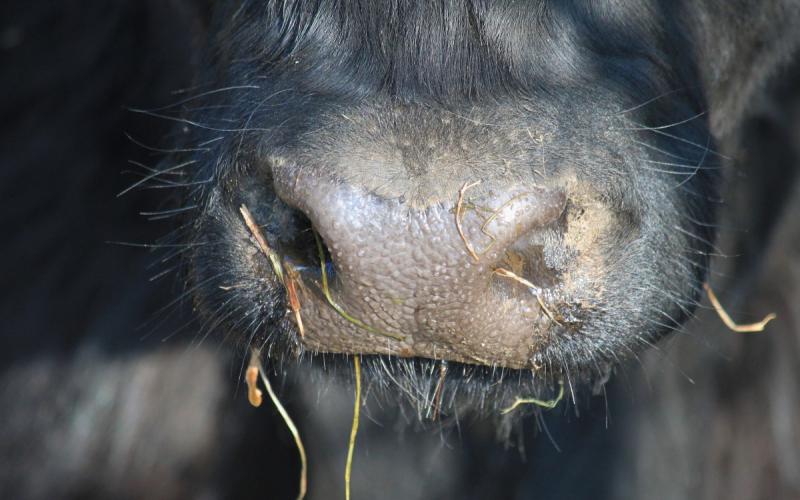
Using Feed Testing to Control Variation
By now all the summer and fall’s work of getting forage harvested has wrapped up. Now comes the task of converting all of that work into animal protein (at a profit)!
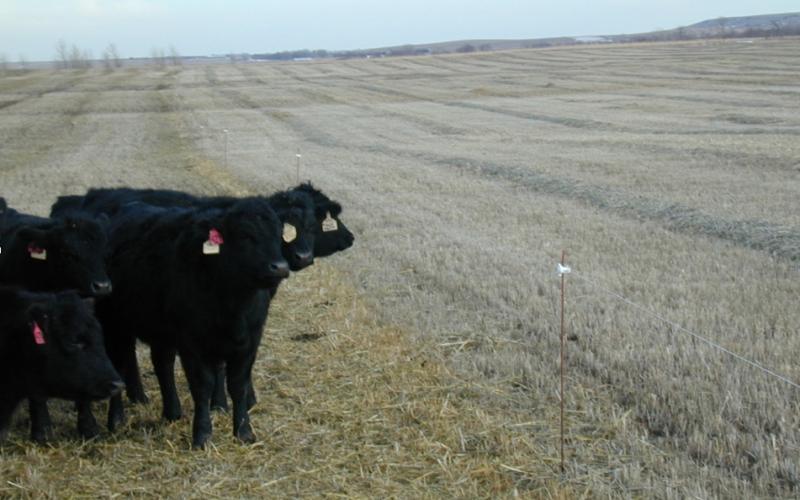
Swath Grazing: Extending the Grazing Season
One proposed way to cut fall/winter feeding costs is to extend the grazing season and allow the livestock to harvest the resource instead of relying on mechanical harvest.
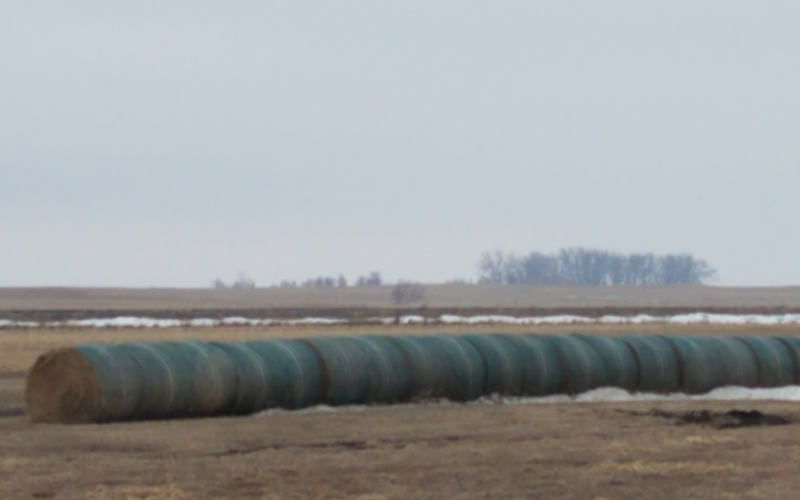
Resources and Options When Feed is Short
SDSU Extension offers resources to help producers find and evaluate feedstuffs to help meet their livestock’s needs.
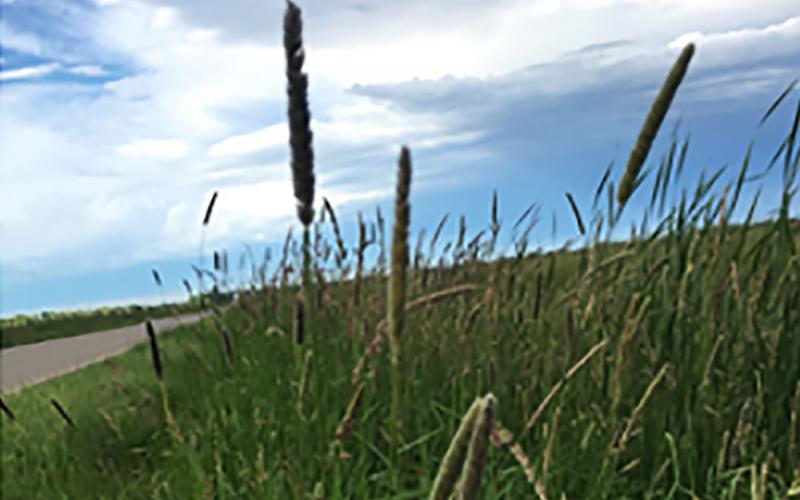
Ditch Hay: Harvesting, Quality, and Feeding
Using ditch hay to feed cattle is a common practice across the U.S. It provides livestock producers with a source of readily available forage, which can be very useful, particularly during feed shortages.
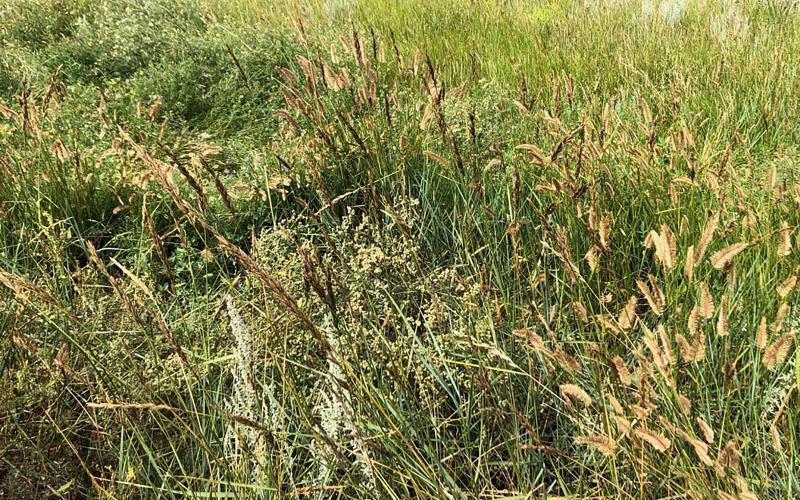
Ergot in Western Wheatgrass and the Potential Effects for Winter Grazing
2019 has been a year fraught with challenges for ranchers across South Dakota. Abundant precipitation is usually a blessing, however, wet conditions coupled with a cool spring followed by warmer temperatures has caused another problem across the rangelands of South Dakota: ergot poisoning.
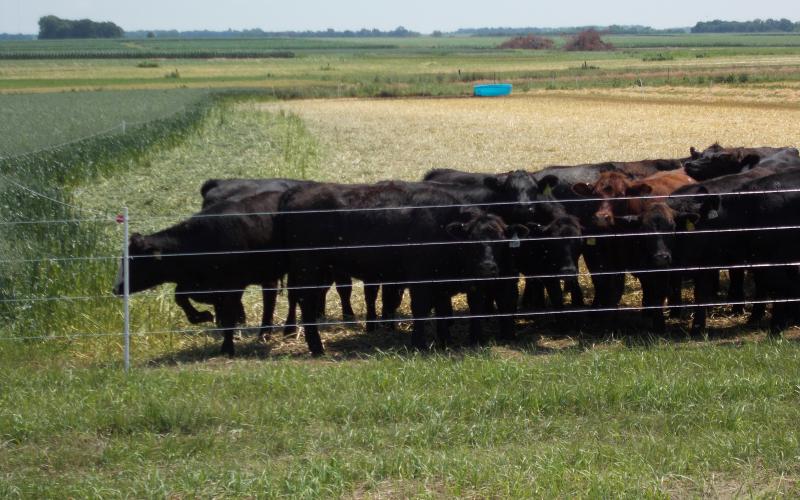
Weaning Calves on Cover Crops
What do we do if it is time to wean calves, but the pen isn’t ready? That can be a real concern during wet fall seasons, such as 2019. Putting calves into muddy pen conditions is far from desirable, but holding calves on the cows deep into fall increases the risk of adverse winter weather and tends to pull body condition off the cows.

It’s Time to Scout for Alfalfa Weevils
The 2018 and 2019 alfalfa weevil populations were relatively low, and as a result, we didn’t receive very many calls regarding this pest during those years. However, 2020 has been quite a bit different, and alfalfa weevil populations seem to be much higher.
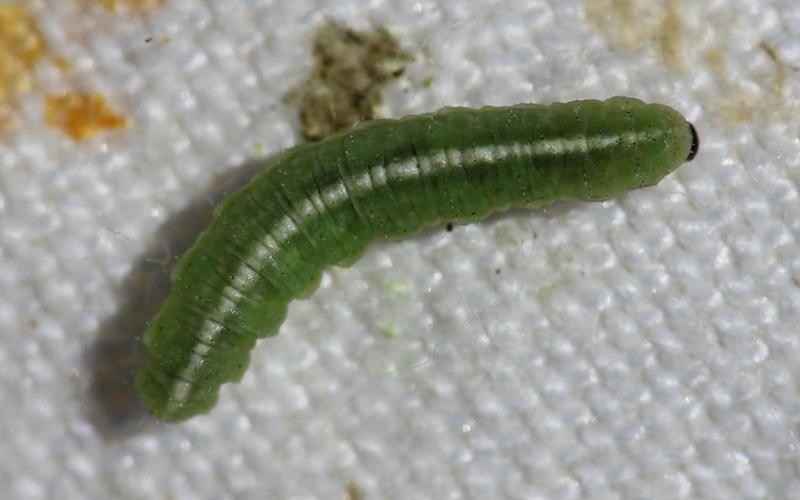
Alfalfa Weevil Activity Prediction Update: June 1, 2020
Activity of alfalfa weevils has been documented in many areas of South Dakota during the last week. At this time, the entire state has accumulated enough degree days for alfalfa weevils to be active.

Alfalfa Weevil Activity Prediction Update: May 4, 2020
Temperatures continue to increase across South Dakota and the degree days are rapidly accumulating. With the exception of areas around Selby, Sisseton and Brookings, alfalfa weevil activity is likely in South Dakota.
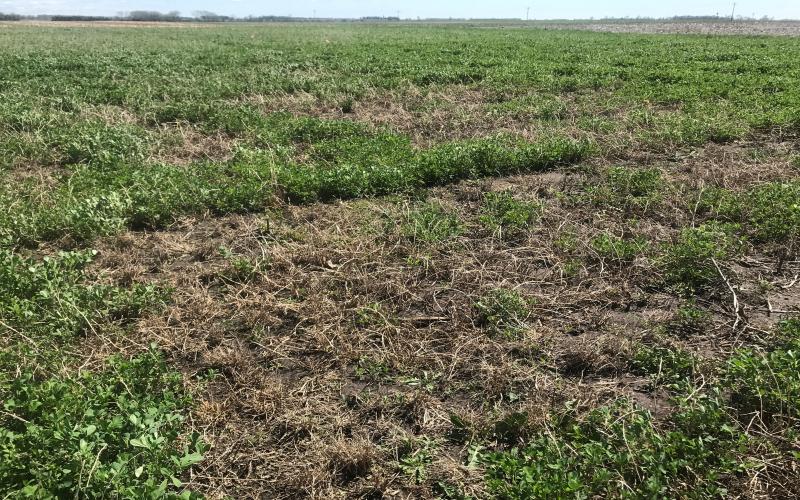
Dealing With Alfalfa Winter Kill
Winter kill and general stand loss of alfalfa has specifically been of concern in many parts of South Dakota the last two years. Most observed alfalfa winter kill is due to low, wet or flooded areas where plants were suffocated and died over the winter.